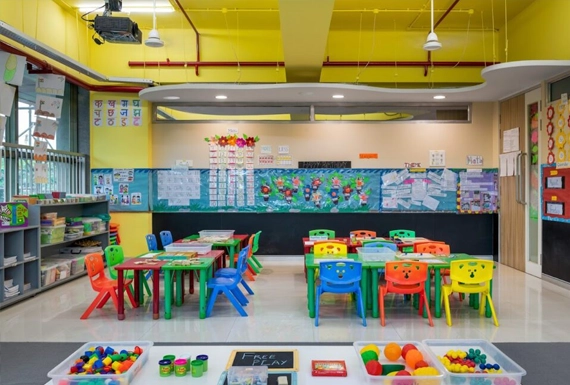Getting Admission for Children
Enrolling children at Happy Scholars School in Hyderabad is a process designed to ensure that every child receives the best possible educational experience. The school prides itself on its commitment to fostering a nurturing and stimulating environment that promotes holistic development. Parents interested in securing a place for their child should begin by visiting the school’s official website, where they can find comprehensive information about the admission process, including important dates, eligibility criteria, and required documentation. It is advisable to familiarize oneself with the school's ethos and curriculum, as this will help parents make informed decisions regarding their child's education.
The admission process typically involves several steps, starting with the submission of an application form, which can often be completed online. Once the application is received, the school may conduct an assessment or interview to better understand the child's abilities and needs. This step is crucial, as it allows the school to ensure that it can provide the appropriate support and resources for each student. Parents are encouraged to prepare their children for this assessment by engaging them in discussions about their interests and experiences, as well as familiarizing them with the school’s values and expectations.
After the assessment, the school will communicate the admission results to the parents, along with any further steps required to finalize enrollment. If accepted, parents will need to complete the necessary paperwork and pay any applicable fees to secure their child's place. Happy Scholars School emphasizes the importance of parental involvement in the educational journey, and as such, parents are encouraged to participate in school activities and maintain open lines of communication with teachers and staff. This collaborative approach not only enhances the learning experience for children but also fosters a strong sense of community within the school.
We are exploring the school with some areas to be cover like Asif Nagar,Masab Tank,Vijay Nagar Colony,Gudimalkapur,Salarjung Colony,Tolichowki,Humayun Nagar,Padmanabha Nagar Colony,Ayodhya Nagar,Attapur,Upperpally,Hyderguda,Hyderabad Telangana,India so that children can join from these areas too.





